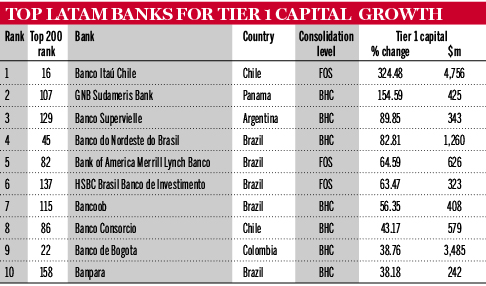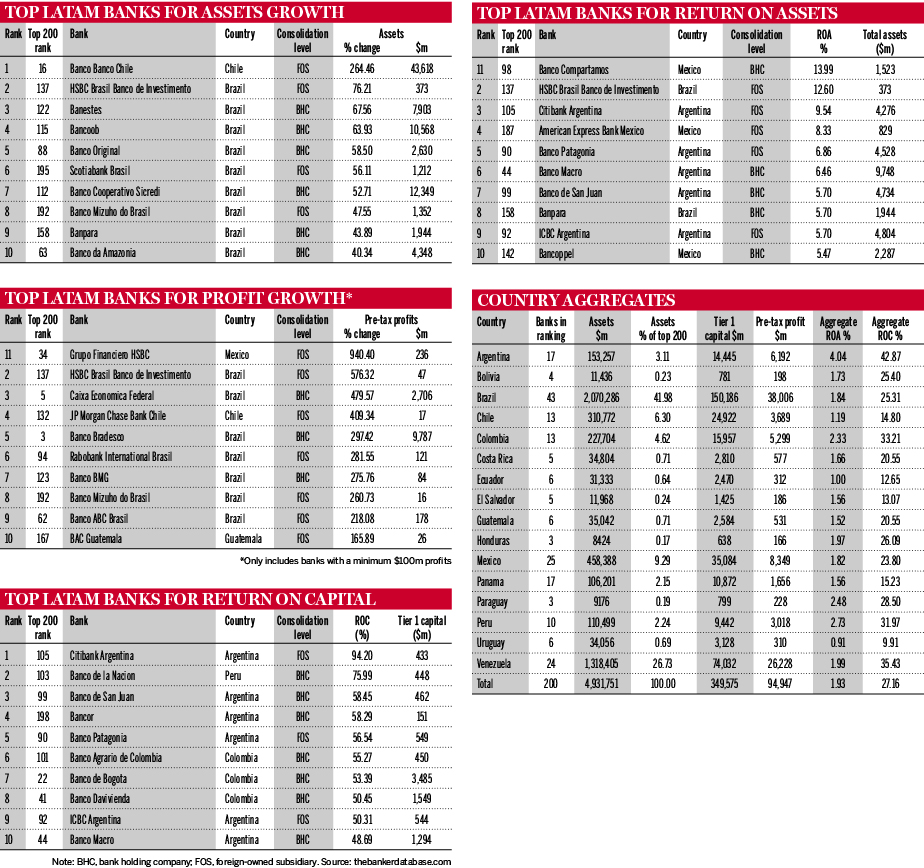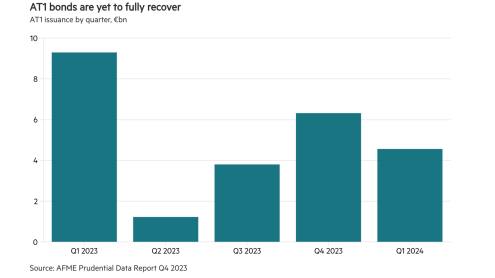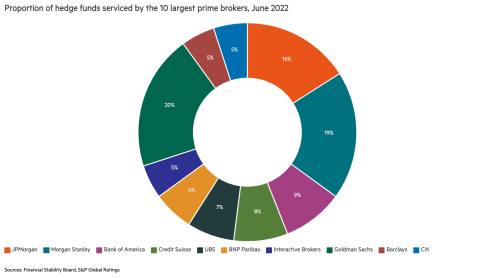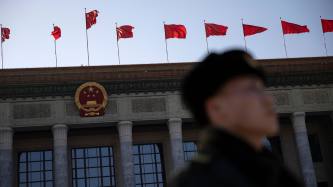While Brazil was still in recession at the end of 2016, more hopeful forecasts for the year ahead lifted its banks’ prospects and, with them, capital positions. All bar two of the country’s 43 lenders in The Banker’s Top 200 Latin American Banks ranking showed larger Tier 1 capital figures at the end of 2016 than they did a year earlier. This stands in stark contrast to the end-of-year results in 2015, when, without exception, Brazilian lenders shed capital, often at double-digit rates.
A prime example is Itaú Unibanco, the largest banking group in both Brazil and Latin America. After losing more than one-quarter of its Tier 1 capital in 2015, the bank began to replenish its pot with impressive vigour in 2016. Its 37.33% increase is the largest among Brazil’s top five banks, followed by Santander Brasil’s 27.06%.
Mexico misery
While the Brazilian banking sector must be feeling relief at the economy’s return to growth, its Mexican equivalent remains under pressure. As the country's economy has stalled and the uncertainty over international trade renegotiations have loomed large, its banks continued to struggle in 2016, with most of the country's 25 lenders in the ranking reducing capital and, in many cases, assets.
This was true even of the country’s largest lender: BBVA Bancomer’s Tier 1 capital and assets both shrank, although by a relatively small amount (8.78% and 6.90%, respectively). Its standing in the regional list also took a hit, slipping by one position to ninth place. Macroeconomic indicators seem to point to an improved outlook for Mexico in 2017, but uncertainty remains over the outcome of the crucial North American Free Trade Agreement negotiations with the US and Canada.
According to official figures, Venezuela’s banks are performing well. Three Venezuelan banks appear among the overall top 10 list, in sixth, seventh and eighth place, and all appear highly profitable. But there are challenges in analysing their size and performance because of the large discrepancy between the most commonly used official exchange rate and the unofficial one. This, combined with Venezuela’s raging inflation as the country sinks deeper into recession and social unrest, make assessing its banks true performances all the more difficult.
Due to these anomalies, Venezuelan lenders have been removed from the tables that rank only Tier 1 capital, assets and pre-tax profits growth, as well as return on equity and return on assets. This has left space for banks from more transparent markets to come to the fore.
Itaú Chile's capital performance
Banco Itaú Chile tops the ranking of most improved Tier 1 capital position, with a figure more than four times the previous reading. It is followed by Panama’s GNB Sudameris Bank and Argentina’s Banco Supervielle. The Chilean bank also tops the assets growth table while Grupo Financiero HSBC, in Mexico, expanded profits the most in the region, by 940.4%.
Another Mexican bank, microfinance specialist Banco Compartamos, leads the return on assets ranking, with the remaining positions in the table mostly occupied by Argentine lenders. They also fared well in the return on capital ranking, led by Citibank Argentina.



